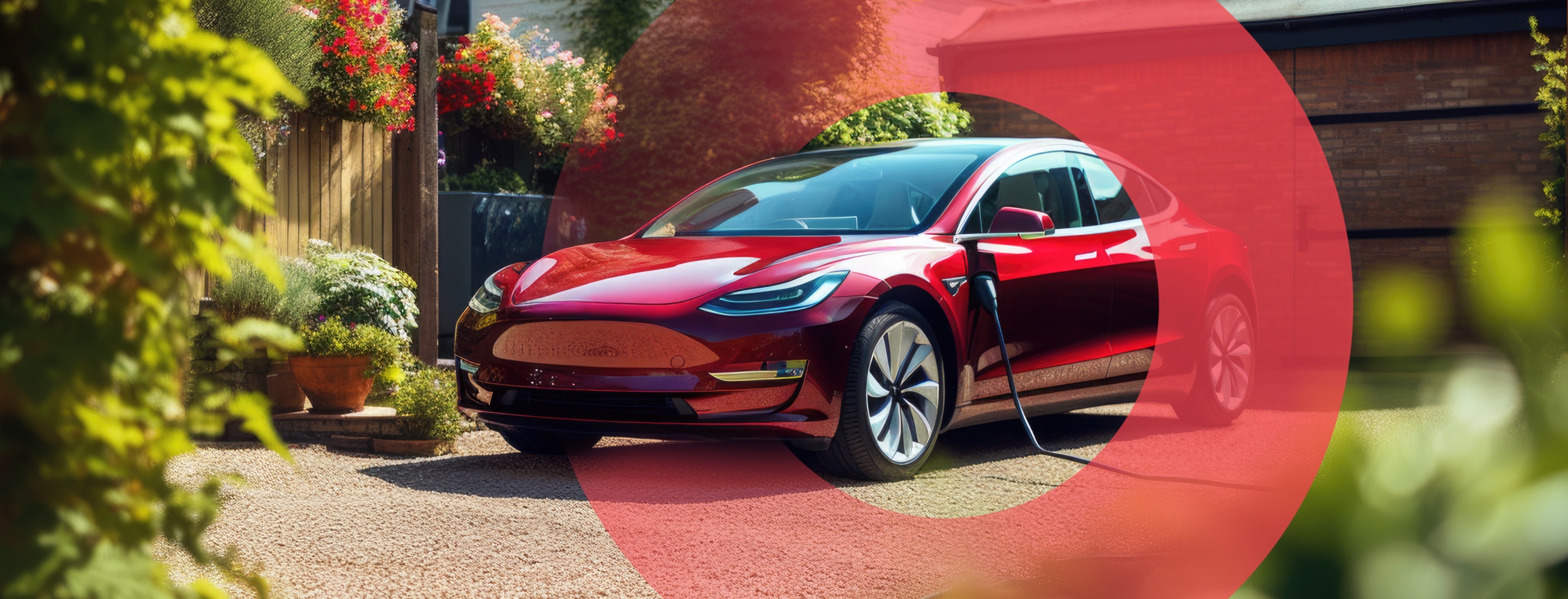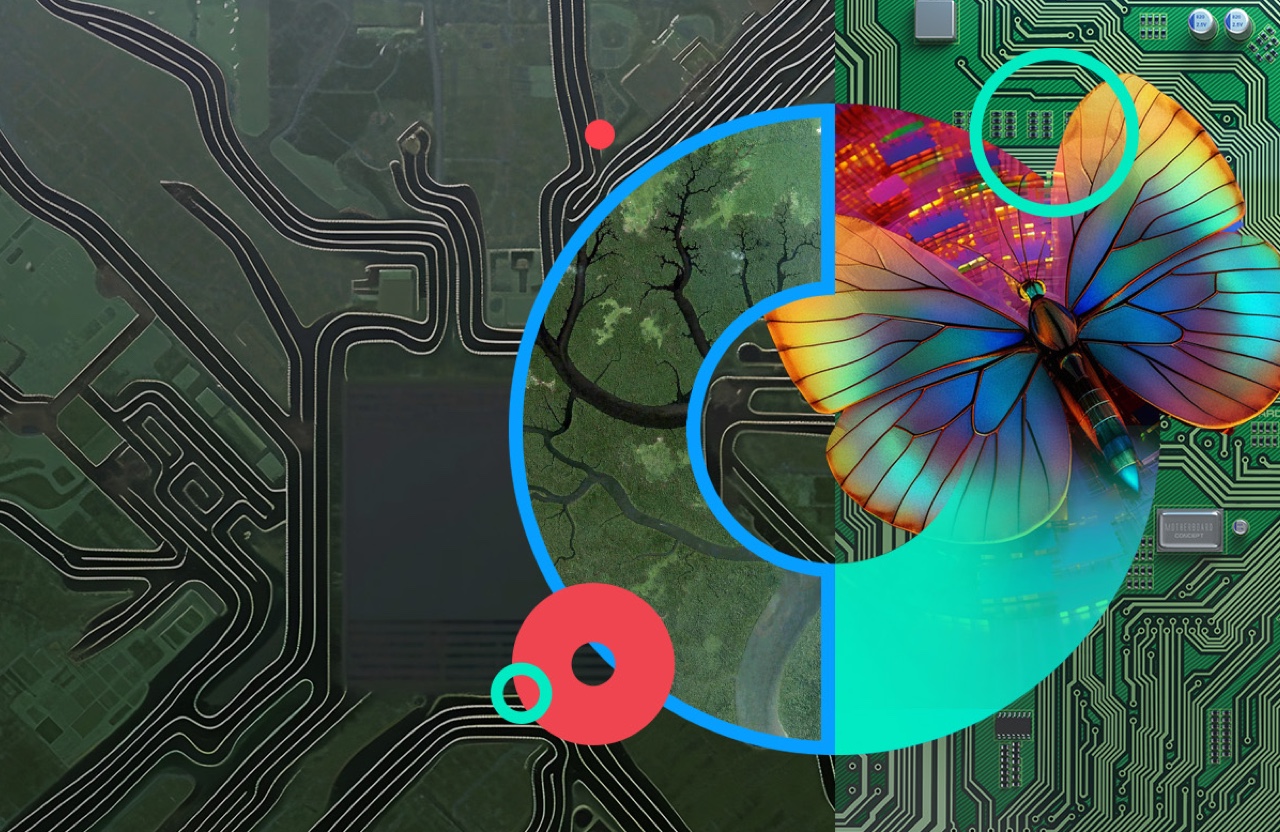Transportation & Mobility
Driving Sustainability in Transportation: Exploring Upcoming Themes for the Future
With wildfires burning across the United States and temperatures reaching record highs in mainland Europe and China, climate change and sustainable business have never been so important.
As the world becomes more aware of its carbon footprint and the effect climate change has on the planet, the push towards sustainability will have a considerable impact on the future of the transportation sector.
However, the most popular transportation method in the U.S. is the car, which is used by over 243 million Americans.
The environmental impact of the transportation industry is immense—transportation produces more emissions than any other sector.
Sustainability in business is now considered a major concern for car buyers which puts OEMs under enormous pressure from customers, environmental groups and worldwide legislation to adopt sustainable practices.
What’s in store for 2024?
As EV mandates edge ever closer to becoming reality, the topic of sustainability looks set to dominate headlines and corporate agendas in 2024.
One of the most talked about technical advancements in the past year, however, has been artificial intelligence (AI). It’s highly likely that established OEMs will give AI and connected data considerable attention in 2024.
In addition to AI and data, automakers will also focus on key areas such as sustainable supply chain management, industry standardization, and perhaps most importantly, building a charging infrastructure for electric vehicles.
Here’s a look at what lies ahead for the transportation and mobility sector in 2024:
Sustainable supply chain management
When discussing sustainability in transportation, there’s no better place to begin than the supply chain.
The key to sustainable and responsible supply chain management involves incorporating ethical, environmental and social considerations throughout the entire supply chain process. As such, OEMs are aggressively policing and maintaining their own sustainability standards and those of other suppliers they work with.
For example, in Indonesia, the world’s largest producer of nickel (an essential component of electric vehicle (EV) batteries) OEMs are replanting trees to offset the environmental damage caused by nickel mining.
Meanwhile, in the context of digital business transformation, automakers are also implementing practices to minimize their negative impact on the environment. Some of these strategies include:











